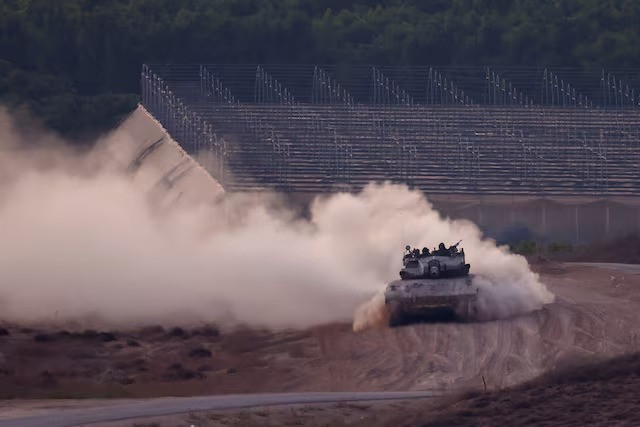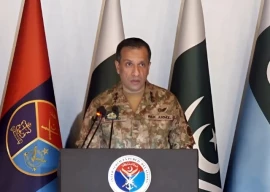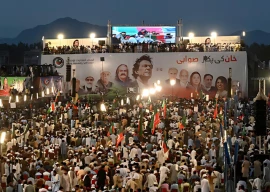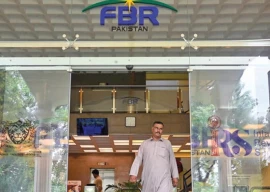
Israeli military strikes killed at least 27 Palestinians across the Gaza Strip on Friday, medics said, as health officials resumed vaccination of tens of thousands more children in the enclave against polio.
In Nuseirat, one of the territory's eight historic refugee camps, an Israeli airstrike killed two women and two children, while eight other people were killed in two other airstrikes in Gaza City, the medics said. The rest were killed in subsequent strikes across the enclave, they added.
Meanwhile, Israeli forces battled Hamas in the Zeitoun suburb of Gaza City, where residents said tanks have been operating for over a week, in eastern neighbourhoods of Khan Younis, and in Rafah, near the border with Egypt, where residents said Israeli forces blew up several houses.
Eleven months into the war, multiple rounds of diplomacy have so far failed to clinch a ceasefire deal to end the conflict and bring the release of Israeli and foreign hostages held in Gaza as well as many Palestinians jailed in Israel.
The two warring sides continued to blame one another for the fruitless efforts of mediators including Qatar, Egypt and the United States. The US is preparing to present a new ceasefire proposal to hammer out differences, but prospects of a breakthrough remain dim as gaps between the sides remain wide.
On Thursday, US Secretary of State Antony Blinken said that it was incumbent on both Israel and the Palestinian Islamist group Hamas to say yes on remaining issues to reach a Gaza ceasefire deal.
Nearly 90% of the Gaza ceasefire deal is agreed but critical issues remain where there are gaps, including the so-called Philadelphi corridor along Gaza's southern border with Egypt, Blinken told a press briefing. Israel has said it will not leave the corridor; Hamas says a deal isn't possible unless it does.
Meanwhile, residents of Khan Younis and displaced families from Rafah continued to crowd medical facilities, bringing their children to be vaccinated against polio. The campaign was launched after the discovery of a case of a one-year-old baby who was partially paralyzed.
POLIO CAMPAIGN TO MOVE TO NORTHERN GAZA
This was the first known case of the disease in Gaza - one of the world's most densely populated places - in 25 years. It re-emerged as Gaza's health system has virtually collapsed and many hospitals have been knocked out of action due to the war.
The United Nations agency for Palestinian refugees, UNRWA, said at least 160,000 children received the drops in southern areas of Gaza on Thursday where medical staffers began the second stage of the campaign, benefiting from an Israeli and Hamas agreement on limited pauses in the fighting.
"Since 1 September @UNRWA & partners have vaccinated nearly 355,000 children against #polio in #Gaza middle & southern areas," UNRWA said in a post on X.
"In the next few days we'll continue rolling out the polio vaccination campaign aiming to reach around 640,000 children under 10 with this critical vaccine," it added.
Juliette Touma, UNRWA's Director of Communications, hailed the campaign as very welcome progress. She said UNRWA was working with UNICEF, the World Health Organization and local health partners around the clock and in a race against time to vaccinate every child across the Gaza Strip.
"These temporary pauses do not however replace our calls for a ceasefire, it’s long overdue. It’s time to reach a deal that would bring respite for the people in Gaza, release all hostages and bring in a steady flow of commercial and humanitarian supplies into Gaza," Touma told Reuters.
The campaign will shift on Sunday to the northern Gaza Strip, which has been the focus of the major Israeli military offensive in the past 11 months. According to the World Health Organization, a second round of vaccinations would be required four weeks after the first round.
1725651904-0/Untitled-design-(6)1725651904-0-405x300.webp)













1725536108-0/Untitled-design-(7)1725536108-0-270x192.webp)








COMMENTS
Comments are moderated and generally will be posted if they are on-topic and not abusive.
For more information, please see our Comments FAQ